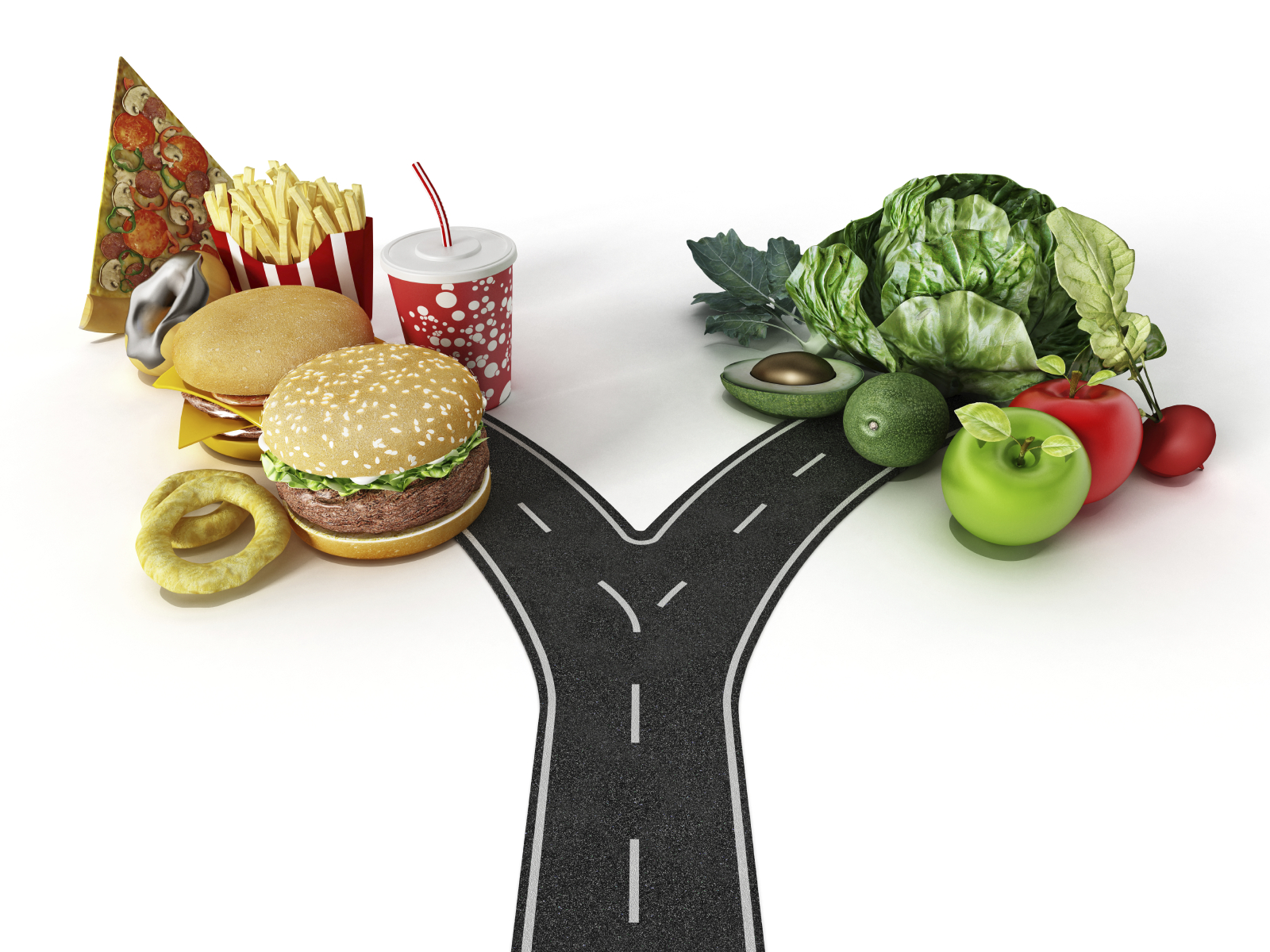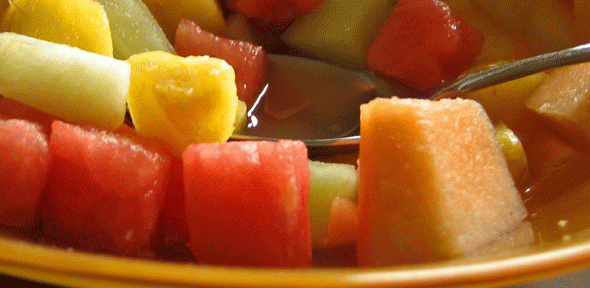In an experimental study published in Health Psychology, we examine the impact on people’s choices of presenting food images paired with positive or negative images of the health consequences of eating those foods. We found that presenting images of negative health outcomes led to more healthy food choices, irrespective of whether they were paired with images of energy-dense snack foods or of fruit. Images of positive health outcomes did not alter food choices.
These results are consonant with a large and diverse body of research in psychology and public health showing that negative stimuli tend to have more impact on cognition and behaviour than positive stimuli. This work provides insights relevant to health communication interventions where aversive visual images are used to alter the consumption of products that impact on human health.
Pairing images of unhealthy and healthy foods with images of negative and positive health consequences: impact on attitudes and food choice. Hollands & Marteau. 2016



